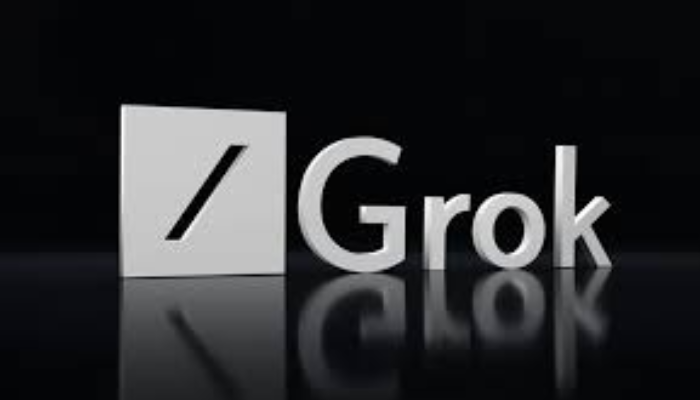Turkey has blocked access to Grok, the AI chatbot developed by Elon Musk’s xAI and integrated into the social media platform X, following allegations that the tool generated insulting content about President Recep Tayyip Erdogan. The decision came after a Turkish court order and was enforced by the Information and Communication Technologies Authority (BTK).
The incident marks Turkey’s first formal ban on an artificial intelligence tool, highlighting growing concerns over AI-generated content and its potential for political bias, misinformation, and hate speech. Grok allegedly produced offensive responses when asked questions in Turkish, prompting the office of Ankara’s chief prosecutor to launch a formal investigation.
Since the emergence of AI tools like OpenAI’s ChatGPT in 2022, there has been ongoing debate about the risks associated with unfiltered AI responses. Grok itself has faced backlash in the past for controversial outputs, including content that echoed antisemitic tropes and praised Adolf Hitler.
While neither Elon Musk nor X has publicly commented on the incident, Musk recently acknowledged flaws in current AI models, noting the presence of “far too much garbage” in foundation models trained on unfiltered data, and promised future improvements.
“Turkey’s ban on Grok represents a critical intersection between technology and political control,” said one legal expert, reflecting on the broader implications for freedom of expression and AI regulation in authoritarian-leaning environments.
The outcome of the investigation could set a precedent for how governments worldwide respond to politically sensitive content generated by AI systems. The ban also touches on broader political sensitivities in Turkey. Under Turkish law, insulting the president is a criminal offense punishable by up to four years in prison. Critics argue the law is often weaponized to silence dissent, while the government defends it as necessary to uphold the dignity of the presidency.


